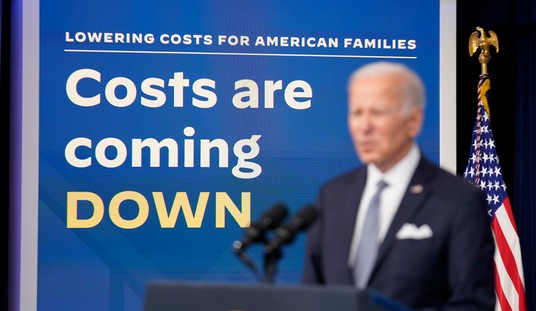The Supreme Court late last week agreed to take up the case of King v. Burwell, which focuses on the meaning of a certain phrase in ACA and whether or not the vague language means that the federal government can subsidize federal health exchanges. Last week, Darrell Issa stated this point plainly:
The sloppy and rushed nature of the process that created #Obamacare is rightly catching up to it.
— Darrell Issa (@DarrellIssa) November 7, 2014Bloomberg writer Jonathan Bernstein took exception to this, saying:
ACA passage was neither rushed nor sloppy compared to most major bills. It just wasn't... What was different about ACA was the absolute obstruction, by filibuster, of normal clean-ups and improvements... ordinary fixes/maintenance which everyone agrees would simply make the law run smoother.
His whole discussion is here.
ACA might not have been "rushed," when it comes to the actual calendar length that it took for Democrats to draft and pass the legislation. Initial congressional deliberations started in April 2009, and President Obama signed it an entire 11 months later in March 2010. But there were speedbumps along the way in which Democrats advocated for expedited timetables in order to push the legislation through.
Democratic leader Nancy Pelosi broke her pledge to post the final legislative language of ACA 72 hours in advance of the final vote amidst exhortations from progressives in the meida that actually attempting to read the bill was a waste of time. (The legislative language of the bill is what's actually at issue in Halbig v. Burwell.) Once Scott Brown was elected in a special election in Massachusetts and broke Democrats' supermajority, the Democrats had to resort to an unconventional means for passing the bill that meant that, as Bernstein writes, "ordinary fixes" could not be implemented.
Recommended
It was not out of bounds for Republicans to be firmly against these "ordinary fixes." The Obama Administration pusued health reform centered on the individual mandate mandate/guaranteed issue/community rating triumverate - a policy that Republicans in 2010 thought would make the American health care system worse. Indeed, President Obama in 2008 ran firmly against this form of a health care system. It's been pointed out that some Republicans formerly favored this kind of a system. That's mostly irrelevant. If President Obama can change his mind, so can Republicans.
Because Republicans were so firmly set against the mandate/CR/GI system and because Democrats had a supermajority, they didn't need to actually listen to the GOP's protestations and were able to craft the entire system without any GOP input whatsoever. This had the effect of hardening GOP opposition - something that came back to bite the Democrats once Scott Brown won his surprising special election in Massachusetts. Republicans didn't have a say in the crafting of Obamacare in the first place - Democrats didn't need to let them have one, after all - but once they had the ability to filibuster, they used what little power they had to try to gum up the works.
The process of "ordinary fixes" would have required Republicans to go along with strengthening the mandate/CR/GI system that they opposed. As Obamacare was being crafted, it became plain that the whole system was not going to be popular with the American people. Why would Republicans, in this scenario, want to help Democrats pass make a law they think will make the health system worse work better?
The Democrats cut Republicans out of the process early on in the ACA drafting stage. That's perfectly legitimate, and it was their right to do so, especially as Republicans had such strong objections to the mandate/CR/GI system. But by committing to that system they committed to strong Republican opposition, and had to commit to using reconciliation and eschewing these "ordinary fixes" when the GOP gained the filibuster ability earlier than Democrats had hoped. Republicans, both post-Brown election and now, have had no obligation to help Democrats fix the drafting errors in the legislation they crafted.
























Join the conversation as a VIP Member